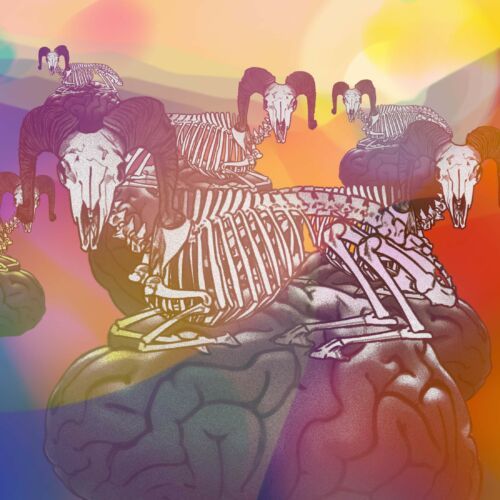Human rights in Asia: Tibet, India and Myanmar
According to Amnesty International’s “Annual Report 2022-23 – The State of the World’s Human Rights”, there is a growing human rights crisis in South Asian countries. The organisation cites adverse developments in Afghanistan, inadequate responses to the economic crisis in Sri Lanka and the repression of protesters and harassment of minorities in many South Asian countries, such as Bangladesh, India, Nepal, the Maldives and Pakistan.
Tibetan leaders in exile have condemned Chinese policies in Tibet, accusing authorities in Beijing of separating families there, banning the use of the local language and taking the DNA of Tibetans without their consent. According to Penpa Tsering, leader of the Central Tibetan Government, Tibet, under Chinese rule, is dying a “slow death”. Meanwhile, the military junta, in power in Myanmar following a coup d’état, has announced a forceful crackdown on “terrorists” fighting against its rule. Myanmar’s military is accused of indiscriminate killings of civilians – engaging in offensives to suppress armed resistance by groups opposed to the junta’s seizure of power.
Since mid-March this year, there has been a manhunt by the authorities in the Indian state of Punjab for the preacher and separatist leader – Amritpal Singh. He is the leader of Waris Punjab De (Heirs of Punjab), an organisation advocating an independent Sikh state. The manhunt has resulted in repression across the state, including curtailing internet services to 27 million people. The Twitter accounts of journalists, including the BBC News Punjabi language service, have also been suspended.























